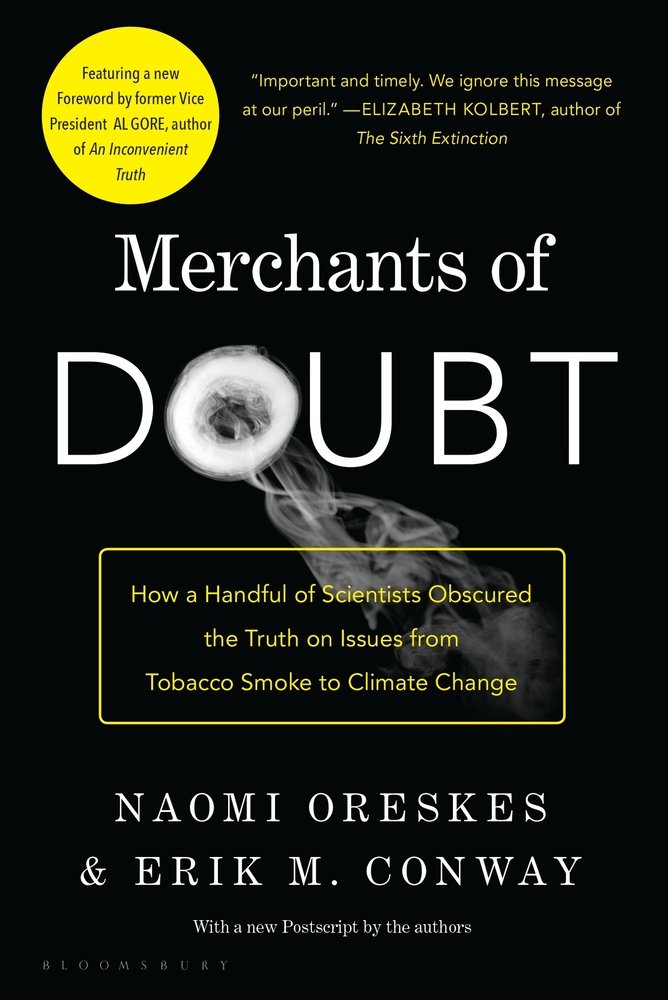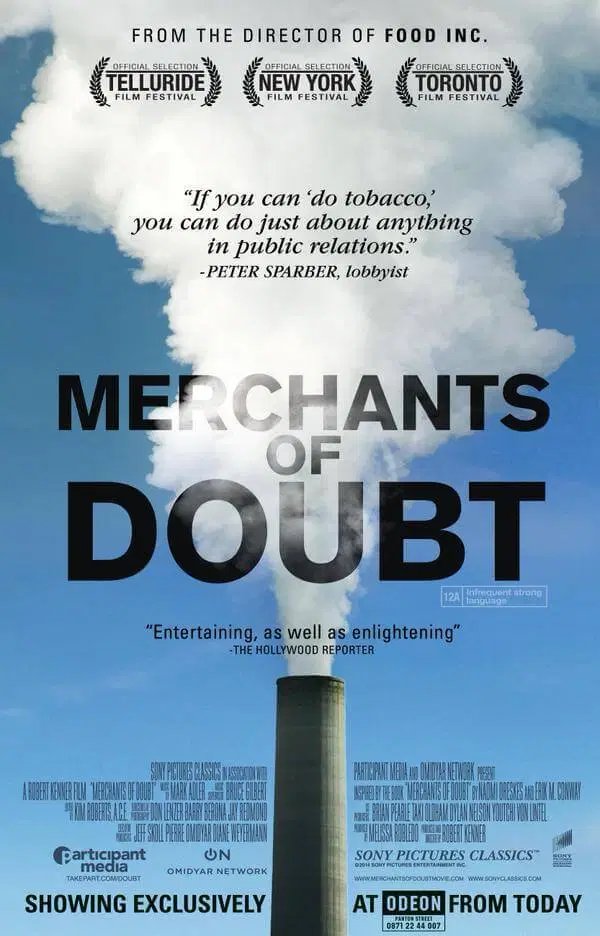
Normalize ridiculing carbon offsets and "net-zero"
There are very good reasons why carbon offsets are, indeed, bullshit.
1. Permanence. the carbon offset would need to sequester the carbon forever.
2. Additionality. you'd need to know it wouldn't have otherwise been done.
features.propublica.org/brazil-carbon-…
1. Permanence. the carbon offset would need to sequester the carbon forever.
2. Additionality. you'd need to know it wouldn't have otherwise been done.
features.propublica.org/brazil-carbon-…
3. Verifiability. you'd need to know for sure it really happened.
4. Quantifiability. you'd need to know the same amount of carbon was really sequestered.
features.propublica.org/brazil-carbon-…
4. Quantifiability. you'd need to know the same amount of carbon was really sequestered.
features.propublica.org/brazil-carbon-…
5. Temporal congruence. the carbon would have to be sequestered right now, not sometime in the future.
6. Excuse psychology. carbon offsets reduce individual and collective sense of urgency.
features.propublica.org/brazil-carbon-…
6. Excuse psychology. carbon offsets reduce individual and collective sense of urgency.
features.propublica.org/brazil-carbon-…
7. Climate colonialism. rich person/org emits expecting that people/nations to clean up mess.
8. Scam psychology. people who want to make a buck + people/orgs that feel guilty + some nice technical jargon = awesome white-collar scam opportunity.
features.propublica.org/brazil-carbon-…
8. Scam psychology. people who want to make a buck + people/orgs that feel guilty + some nice technical jargon = awesome white-collar scam opportunity.
features.propublica.org/brazil-carbon-…
It's too late to make excuses. Time to address the problem directly, and honestly, and ramp down emissions systematically and on a fixed time schedule.
• • •
Missing some Tweet in this thread? You can try to
force a refresh






